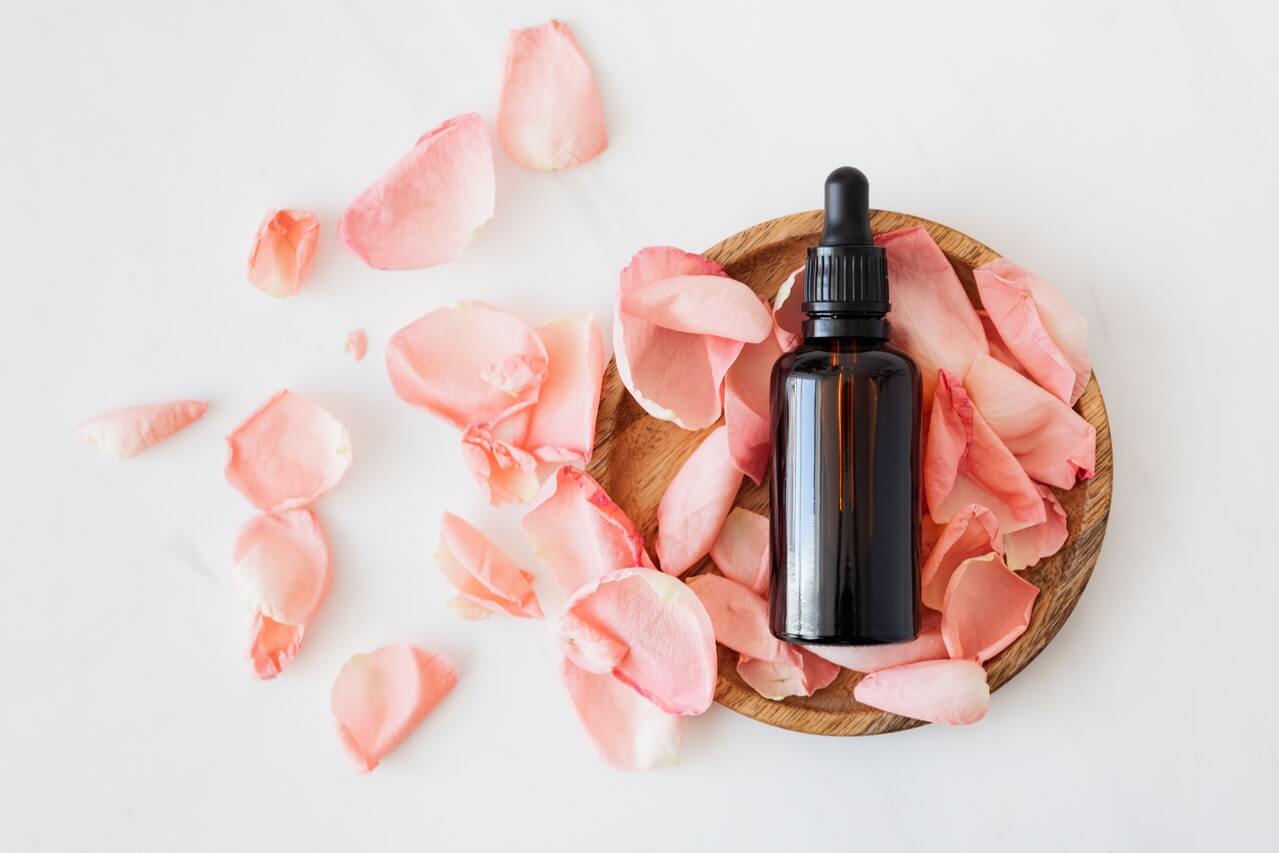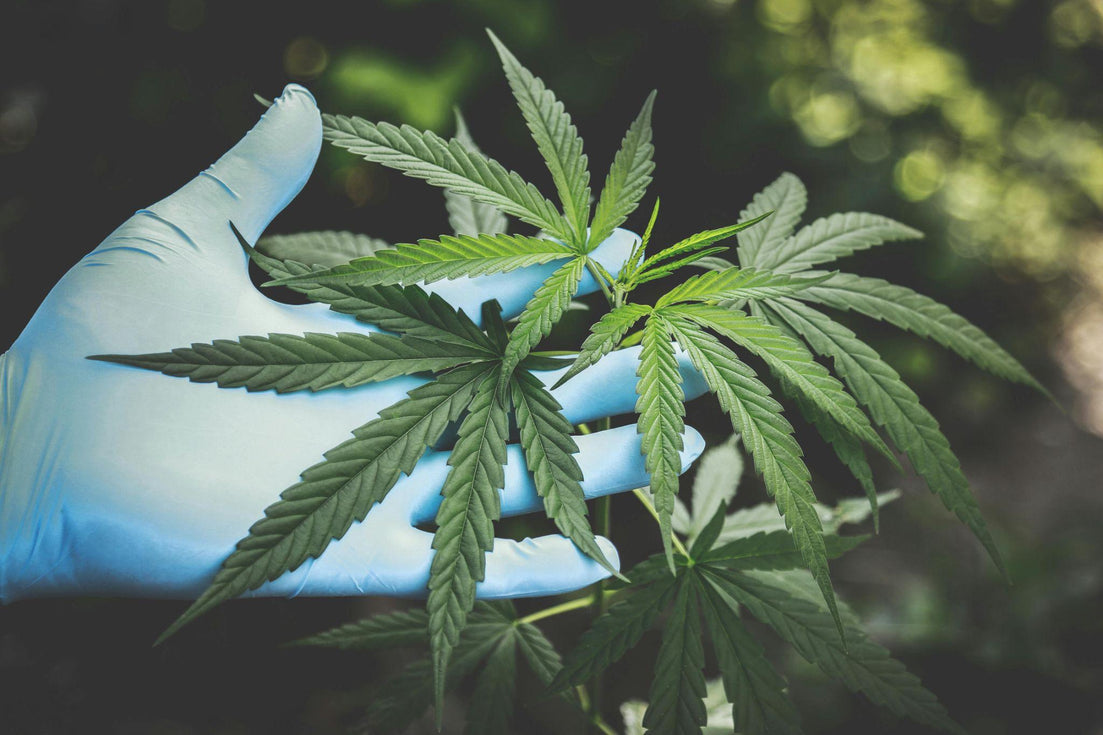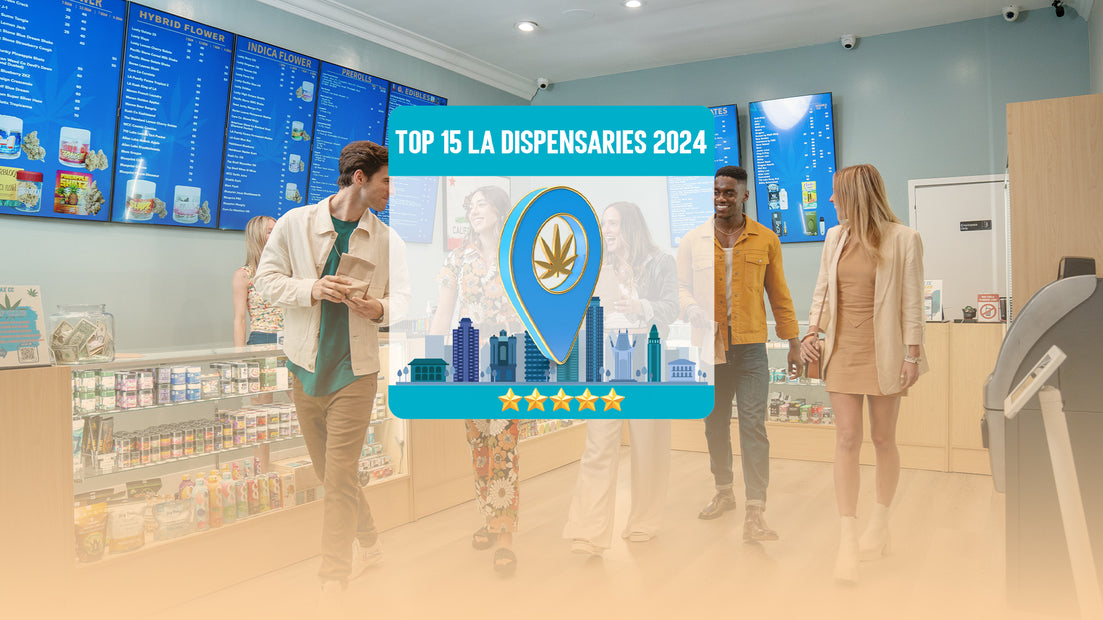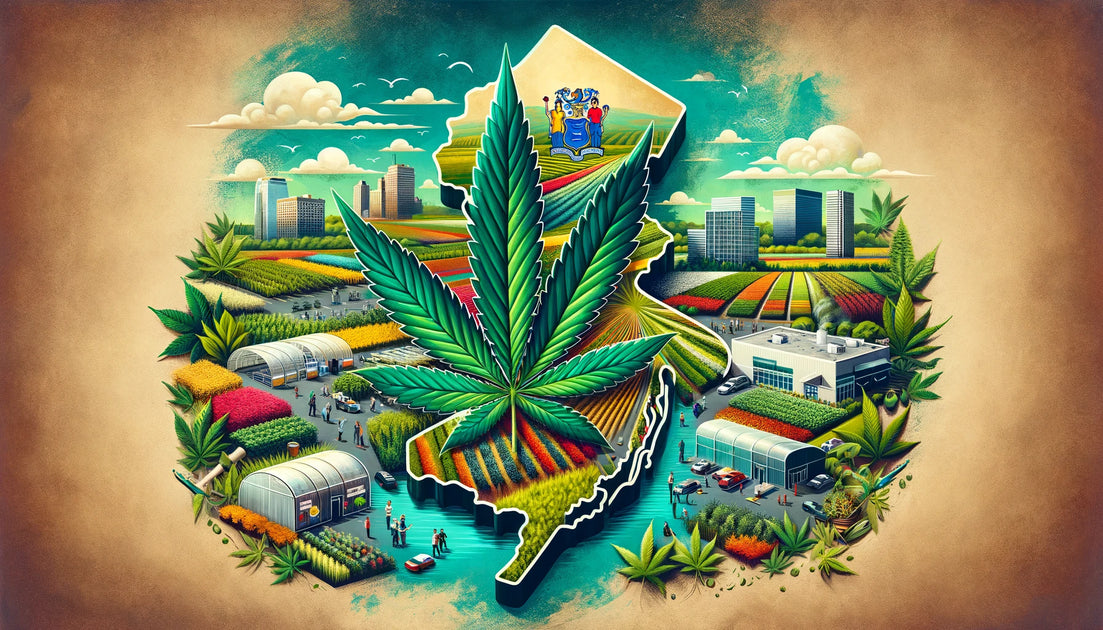Your cart is currently empty.

When it comes to beauty products, there is a long list of ingredients you might’ve heard must be avoided. However, this doesn’t necessarily mean that you should instantly demonize every single one of them, mostly due to the fact that marketing plays a big role in such claims.
Then, there are also personal differences – what might’ve turned out to be a flop for a certain beauty influencer could’ve just been a result of a wrong choice of product for their skin type. What may cause sensitivity for you has the potential to work wonders for someone else. Still, this doesn’t change the fact that knowing how to read your labels is a valuable skill that might save you some frustration in the long run.
These days, consumers are much more conscious about what’s in their creams and lotions. They’re much more likely to reach for CBD products from finest ingredients than cosmetics that provide little clarity when it comes to the supply chain or the process of sourcing their ingredients.
Below, we list some of the ingredients you’d better avoid whenever you shop for a beauty product.
First Things First – Determine Your Needs
While some ingredients need to be avoided at all cost, others might be desirable in some cases but be a no-no in others. To figure out which ones to avoid, you’ll need to first understand your needs.
For instance, if your skin is prone to sensitivity, you might want to steer clear of any chemicals that could potentially irritate it. Meanwhile, ingredients like retinol and vitamin C might help reduce fine lines and wrinkles – but they’re also known to be irritants. You’ll have to think about which ones are more important to you and then make your choice from there.
Another great example is CBD beauty products. You can find cosmetics made with full-spectrum CBD, broad-spectrum CBD, or CBD isolate. Some people might aim for the last one, wanting only the effect of this specific compounds, while others will appreciate the so-called entourage effect – the combination of all other cannabinoids and terpenes that work together with CBD.
Ingredients to Avoid in Beauty Products
Phthalates
Phthalates are chemicals that affect the texture of the products they’re used in, making them more flexible. When it comes to cosmetics, you can find phthalates in nail polish, hair spray, cleansers, and even lotions. They are also often used in perfume to help the spray stick to the skin.
To avoid this toxin, look out for the name Dibutyl phthalate on the labels, as it’s one of the most commonly used phthalates. There is some evidence to suggest that this ingredient is a carcinogen and hormone disruptor. On top of that, it’s simply not environmentally friendly and often irritates all types of skin.
Talc
Talc, or talcum powder, which is used as a smoothing agent in mineral makeup, is generally safe. However, the catch is that there is a high potential for it to get contaminated with asbestos, posing risks for respiratory toxicity and cancer. It is widely used in products such as baby powder as well as adult body and facial powders. It might be better to avoid it unless it is known to be asbestos-free. However, even then, it should be avoided in the pelvic areas.
Triclosan
Triclosan is an ingredient that has been banned by the FDA in soaps. However, the ban didn’t reach other products, such as toothpaste, face wash, deodorant, in which it’s still allowed and widely present. Triclosan has various uses: it can serve its purpose as an antibacterial agent, preservative, or antiperspirant. However, even though the FDA hasn’t banned it entirely yet, it would be in a good sense to avoid. Not only is it a hormone disruptor, but also an irritant.
Benzalkonium Chloride
People with allergies or sensitive skin prone to irritation should rather avoid Benzalkonium Chloride. It is an organic salt used in cosmetics to act as a surfactant (a substance that, when added to liquid, reduces its surface tension and thus increases its spreading and wetting properties). It can cause irritation to the eyes, skin, and respiratory system and may trigger allergies. Benzalkonium Chloride can be commonly found in sunscreens and moisturizers.
Parabens
Parabens (including methylparabens, isobutylparabens, proplyparabens) are a family of preservatives. Manufacturers often use them in skin care products in order to prevent the growth of bacteria and mold. This family of chemicals can act as endocrine disruptors that may alter essential hormone processes in our bodies. Parabens can also trigger allergies.
Formaldehyde
Formaldehyde can be used in cosmetics as a preservative. Research shows that this is a known carcinogen. It can also irritate the skin, eyes, and lungs. In beauty products, formaldehyde is used as a preservative that’s supposed to prolong shelf life and prevent bacterial contamination. Among other products, it can be found in nail polishes or hardeners, eyelash glues, hair gels, soaps, shampoos, lotions, and deodorants.
Synthetic Fragrances
To put it shortly, it might be better to avoid anything that is synthetic or artificial in general. Synthetic or artificial ingredients are usually made up of hundreds of different ingredients not listed on the label. Therefore, you can never know what you are actually using and exposing your body to. Synthetic fragrances are commonly found in cosmetics, but they’ve also become a staple in household products, such as air fresheners, candles, or even scented trash bags.
Alcohol
Alcohol is used in many skincare products and for different purposes – it may serve as a preservative or be added to help products dry quicker when put on the skin. Alcohols, such as ethanol, isopropanol, and propanol, are harsh and can leave you with uncomfortably dry and irritated skin.
If used for a prolonged period of time, alcohols may even cause damage to the natural barrier of your skin, which will make it hard for it to retain moisture. They are usually found in toners, soaps, and cleansers, so make sure to read the labels carefully when shopping for these products.
Conclusion
To sum up, you should definitely educate yourself about the possible harmful effects of certain ingredients that can be found in commonly used beauty products. However, this doesn't mean that you should be scared of them. It’s always important to do your own research and ask questions that concern you.
Moreover, you should be able to determine which ingredients that are harmful to others might do wonders to your skin. Also, with such potentially beneficial novelties like CBD beauty products, you need to determine what you want to achieve and make sure you choose well – and it goes without saying that you should always choose brands that use natural ingredients from reputable sources only.
You can use the above list of ingredients as a starting point to learn more about clean beauty and the importance of reading labels and choosing the right products for your needs. This way, you’ll be able to make informed decisions and keep yourself (and your skin!) happy – no matter if you CBD-infused products or opt for other options.



